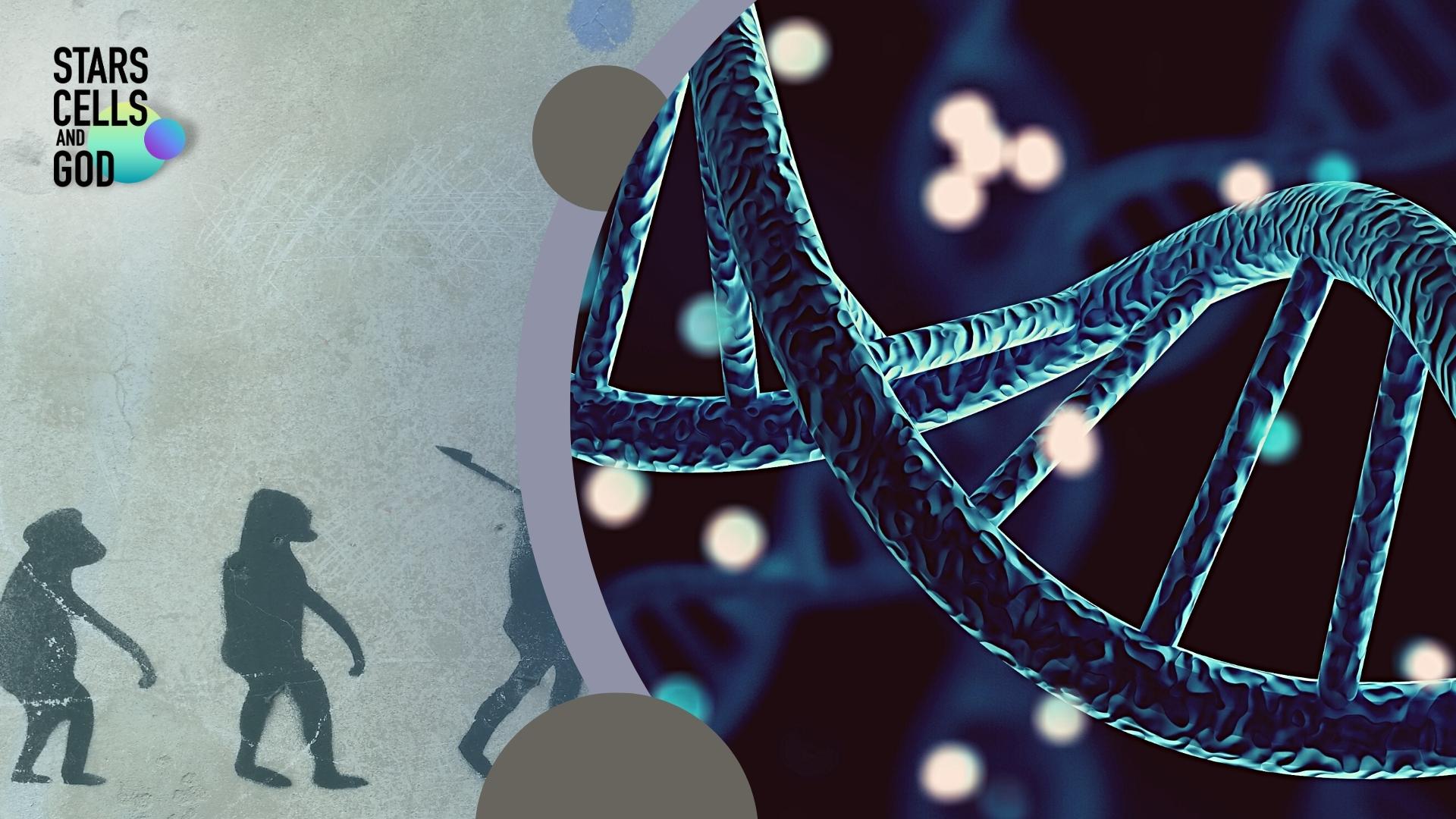Stars, Cells, and God | LUCA’s Complexity and Missing in Evolution
Join Fazale “Fuz” Rana and Sy Garte as they discuss new discoveries taking place at the frontiers of science that have theological and philosophical implications, including the reality of God’s existence.
LUCA’s Complexity
A research team from the US and the UK discovered that LUCA (the last universal common ancestor) was perhaps more complex than contemporary bacteria and archaea. They used an approach based on physiological features instead of the gene set encoded in LUCA’s DNA.
In the abstract of their paper, the researchers write:
“Our results depict LUCA as likely to be a far more complex cell than has previously been proposed, challenging the evolutionary model of increased complexity through time in prokaryotes. Given current estimates for the emergence of LUCA we suggest that early life very rapidly evolved considerable cellular complexity.”
In this episode, Fuz and Sy explore the far-reaching scientific implications of this work, which challenges the mainstream perspective about the mode and tempo for the origin and early evolution of life. They also discuss this work’s implications for the design argument and its confirmation of a key prediction of RTB’s origin of life model.
References:
Phenotypic Reconstruction of the Last Universal Common Ancestor Reveals a Complex Cell
Additional Resources:
Origins of Life by Fazale Rana and Hugh Ross (book)
The Cell’s Design by Fazale Rana (book)
What’s Missing in Evolutionary Theory?
While the biological theory of evolution has been successful and made major progress since Darwin’s day, there remain fundamental gaps in the theory that have yet to be addressed. These include (1) a mathematical expression in the form of an evolutionary law that isn’t tautological or merely descriptive; (2) a more precise definition of fitness; and (3) investigations into the origins of consciousness, human behavior, and other higher functions that appear to be due to things beyond selection of genetic variants. Further explanations of these, as well as of thresholds and discontinuities during evolution, might require the inclusion of paradigms such as teleology and agency in biological science, with theological implications.
References:
Continuity, Simplification, and Paradigm Shifting in Biological Evolution


